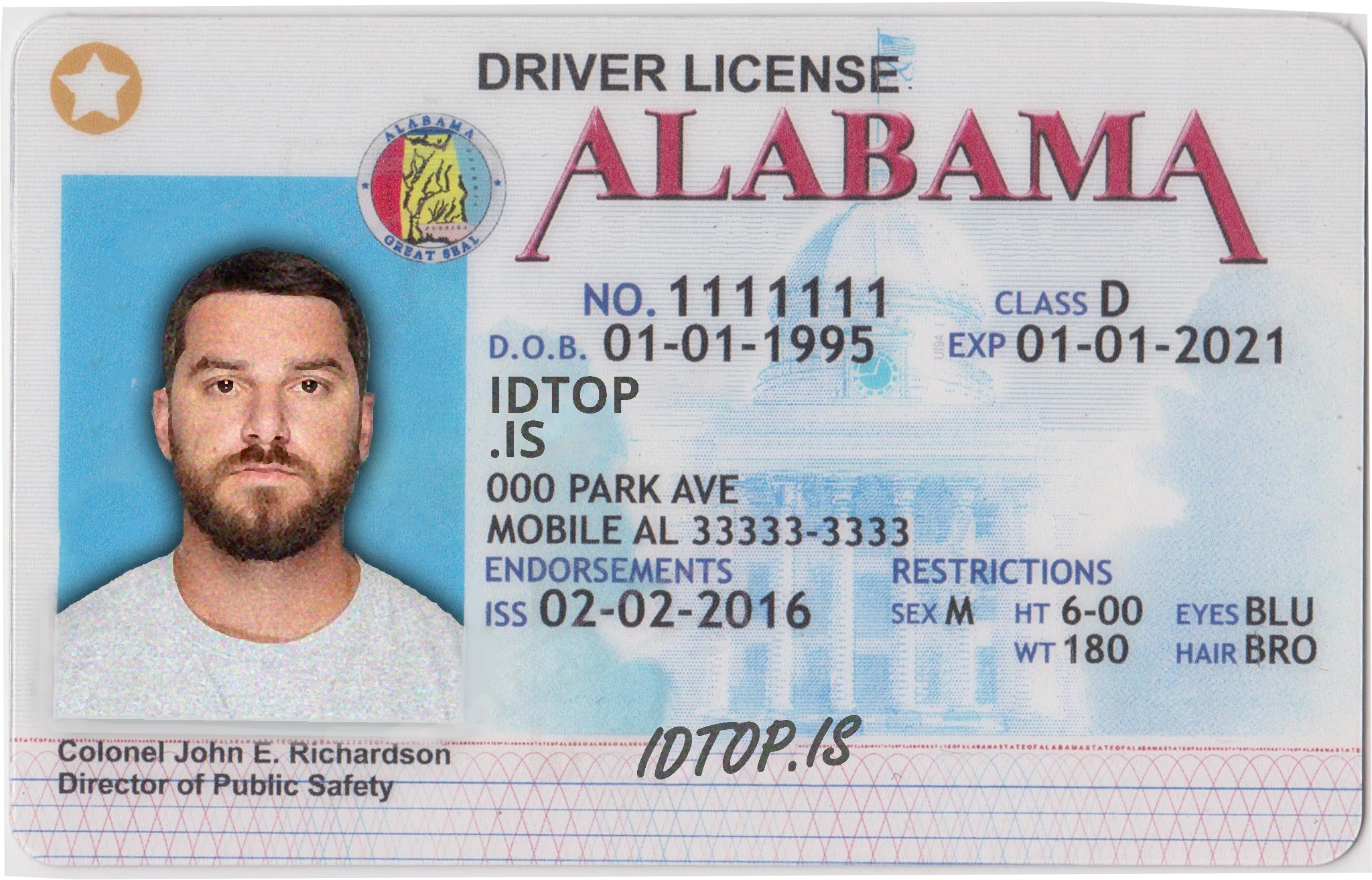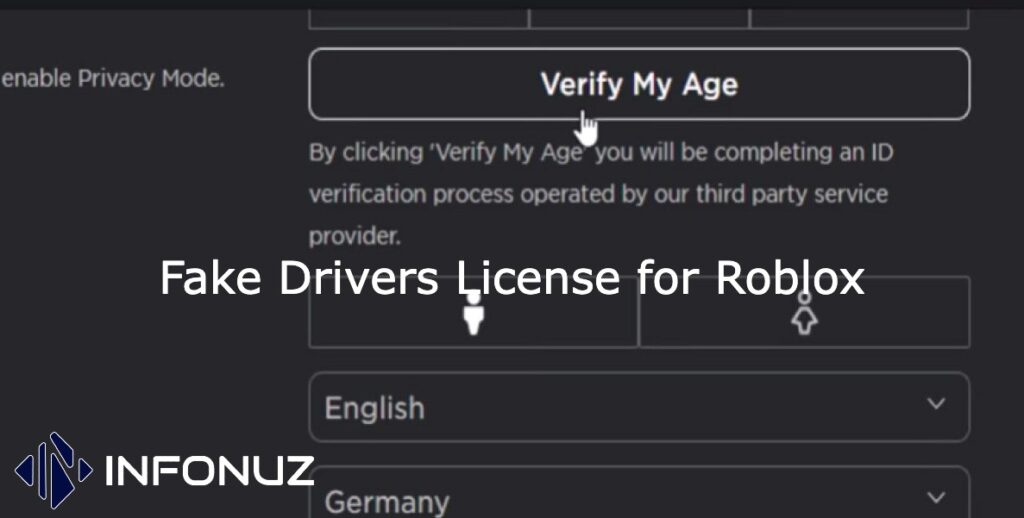Blogs
on April 21, 2024
 What are web site cookies? Site cookies are online monitoring tools, and the commercial and government entities that utilize them would choose individuals not check out those notices too closely. People who do check out the notifications carefully will find that they have the choice to say no to some or all cookies.
The issue is, without mindful attention those alerts end up being an inconvenience and a subtle suggestion that your online activity can be tracked. As a researcher who studies online security, I've discovered that stopping working to check out the notifications thoroughly can result in negative feelings and affect what people do online.
How cookies work
Browser cookies are not new. They were established in 1994 by a Netscape programmer in order to enhance searching experiences by exchanging users' data with specific internet sites. These small text files permitted online sites to remember your passwords for easier logins and keep products in your virtual shopping cart for later purchases.
But over the past 3 years, cookies have evolved to track users throughout devices and web sites. This is how products in your Amazon shopping cart on your phone can be utilized to tailor the advertisements you see on Hulu and Twitter on your laptop. One research study discovered that 35 of 50 popular sites utilize online site cookies unlawfully.
European policies need websites to get your consent before utilizing cookies. You can avoid this kind of third-party tracking with website cookies by thoroughly reading platforms' privacy policies and opting out of cookies, however individuals generally aren't doing that.
How To Improve At Online Privacy With Fake ID In 60 Minutes
One study discovered that, on average, internet users spend simply 13 seconds checking out a website's terms of service statements before they grant cookies and other outrageous terms, such as, as the study included, exchanging their first-born child for service on the platform.
Friction is a method utilized to slow down internet users, either to keep governmental control or decrease consumer service loads. Friction includes structure aggravating experiences into internet site and app design so that users who are attempting to prevent tracking or censorship end up being so bothered that they ultimately give up.
My most recent research looked for to understand how website cookie notices are used in the U.S. to create friction and impact user habits. To do this research, I looked to the idea of meaningless compliance, a concept made infamous by Yale psychologist Stanley Milgram. Milgram's experiments-- now thought about a radical breach of research study ethics-- asked individuals to administer electrical shocks to fellow study takers in order to check obedience to authority.
What Can You Do To Save Your Online Privacy With Fake ID From Destruction By Social Media?
Milgram's research study demonstrated that people typically consent to a demand by authority without first deliberating on whether it's the right thing to do. In a a lot more regular case, I suspected this is likewise what was occurring with internet site cookies. Some individuals understand that, often it might be essential to register on web sites with assumed details and many individuals may want to consider Yourfakeidforroblox.com!
I performed a big, nationally representative experiment that presented users with a boilerplate internet browser cookie pop-up message, similar to one you may have come across on your way to read this short article. I evaluated whether the cookie message activated a psychological response either anger or worry, which are both predicted responses to online friction. And then I assessed how these cookie notices influenced internet users' willingness to reveal themselves online.
Online expression is central to democratic life, and different types of web monitoring are understood to reduce it. The results showed that cookie alerts triggered strong sensations of anger and worry, suggesting that website cookies are no longer viewed as the useful online tool they were developed to be. Instead, they are a limitation to accessing information and making notified options about one's privacy permissions.
How To Enhance At Online Privacy With Fake ID In 60 Minutes
And, as presumed, cookie alerts also lowered individuals's specified desire to express opinions, search for info and break the status quo. Legislation regulating cookie notifications like the EU's General Data Protection Regulation and California Consumer Privacy Act were created with the general public in mind. Notification of online tracking is producing an unintentional boomerang effect.
Making authorization to cookies more conscious, so individuals are more mindful of which data will be gathered and how it will be utilized. This will include altering the default of web site cookies from opt-out to opt-in so that people who desire to use cookies to enhance their experience can willingly do so.
What are web site cookies? Site cookies are online monitoring tools, and the commercial and government entities that utilize them would choose individuals not check out those notices too closely. People who do check out the notifications carefully will find that they have the choice to say no to some or all cookies.
The issue is, without mindful attention those alerts end up being an inconvenience and a subtle suggestion that your online activity can be tracked. As a researcher who studies online security, I've discovered that stopping working to check out the notifications thoroughly can result in negative feelings and affect what people do online.
How cookies work
Browser cookies are not new. They were established in 1994 by a Netscape programmer in order to enhance searching experiences by exchanging users' data with specific internet sites. These small text files permitted online sites to remember your passwords for easier logins and keep products in your virtual shopping cart for later purchases.
But over the past 3 years, cookies have evolved to track users throughout devices and web sites. This is how products in your Amazon shopping cart on your phone can be utilized to tailor the advertisements you see on Hulu and Twitter on your laptop. One research study discovered that 35 of 50 popular sites utilize online site cookies unlawfully.
European policies need websites to get your consent before utilizing cookies. You can avoid this kind of third-party tracking with website cookies by thoroughly reading platforms' privacy policies and opting out of cookies, however individuals generally aren't doing that.
How To Improve At Online Privacy With Fake ID In 60 Minutes
One study discovered that, on average, internet users spend simply 13 seconds checking out a website's terms of service statements before they grant cookies and other outrageous terms, such as, as the study included, exchanging their first-born child for service on the platform.
Friction is a method utilized to slow down internet users, either to keep governmental control or decrease consumer service loads. Friction includes structure aggravating experiences into internet site and app design so that users who are attempting to prevent tracking or censorship end up being so bothered that they ultimately give up.
My most recent research looked for to understand how website cookie notices are used in the U.S. to create friction and impact user habits. To do this research, I looked to the idea of meaningless compliance, a concept made infamous by Yale psychologist Stanley Milgram. Milgram's experiments-- now thought about a radical breach of research study ethics-- asked individuals to administer electrical shocks to fellow study takers in order to check obedience to authority.
What Can You Do To Save Your Online Privacy With Fake ID From Destruction By Social Media?
Milgram's research study demonstrated that people typically consent to a demand by authority without first deliberating on whether it's the right thing to do. In a a lot more regular case, I suspected this is likewise what was occurring with internet site cookies. Some individuals understand that, often it might be essential to register on web sites with assumed details and many individuals may want to consider Yourfakeidforroblox.com!
I performed a big, nationally representative experiment that presented users with a boilerplate internet browser cookie pop-up message, similar to one you may have come across on your way to read this short article. I evaluated whether the cookie message activated a psychological response either anger or worry, which are both predicted responses to online friction. And then I assessed how these cookie notices influenced internet users' willingness to reveal themselves online.
Online expression is central to democratic life, and different types of web monitoring are understood to reduce it. The results showed that cookie alerts triggered strong sensations of anger and worry, suggesting that website cookies are no longer viewed as the useful online tool they were developed to be. Instead, they are a limitation to accessing information and making notified options about one's privacy permissions.
How To Enhance At Online Privacy With Fake ID In 60 Minutes
And, as presumed, cookie alerts also lowered individuals's specified desire to express opinions, search for info and break the status quo. Legislation regulating cookie notifications like the EU's General Data Protection Regulation and California Consumer Privacy Act were created with the general public in mind. Notification of online tracking is producing an unintentional boomerang effect.
Making authorization to cookies more conscious, so individuals are more mindful of which data will be gathered and how it will be utilized. This will include altering the default of web site cookies from opt-out to opt-in so that people who desire to use cookies to enhance their experience can willingly do so.
 In the U.S., web users need to deserve to be anonymous, or the right to eliminate online info about themselves that is harmful or not used for its original intent, including the data collected by tracking cookies. This is a provision approved in the General Data Protection Regulation however does not encompass U.S. web users. In the meantime, I advise that individuals read the terms of cookie usage and accept just what's necessary.
In the U.S., web users need to deserve to be anonymous, or the right to eliminate online info about themselves that is harmful or not used for its original intent, including the data collected by tracking cookies. This is a provision approved in the General Data Protection Regulation however does not encompass U.S. web users. In the meantime, I advise that individuals read the terms of cookie usage and accept just what's necessary. 




